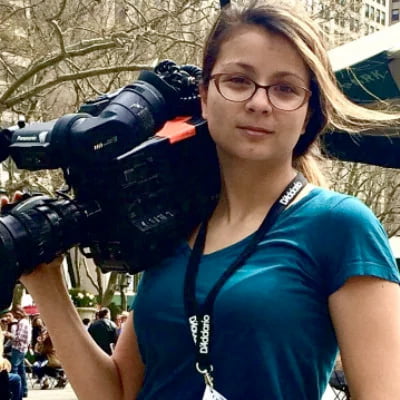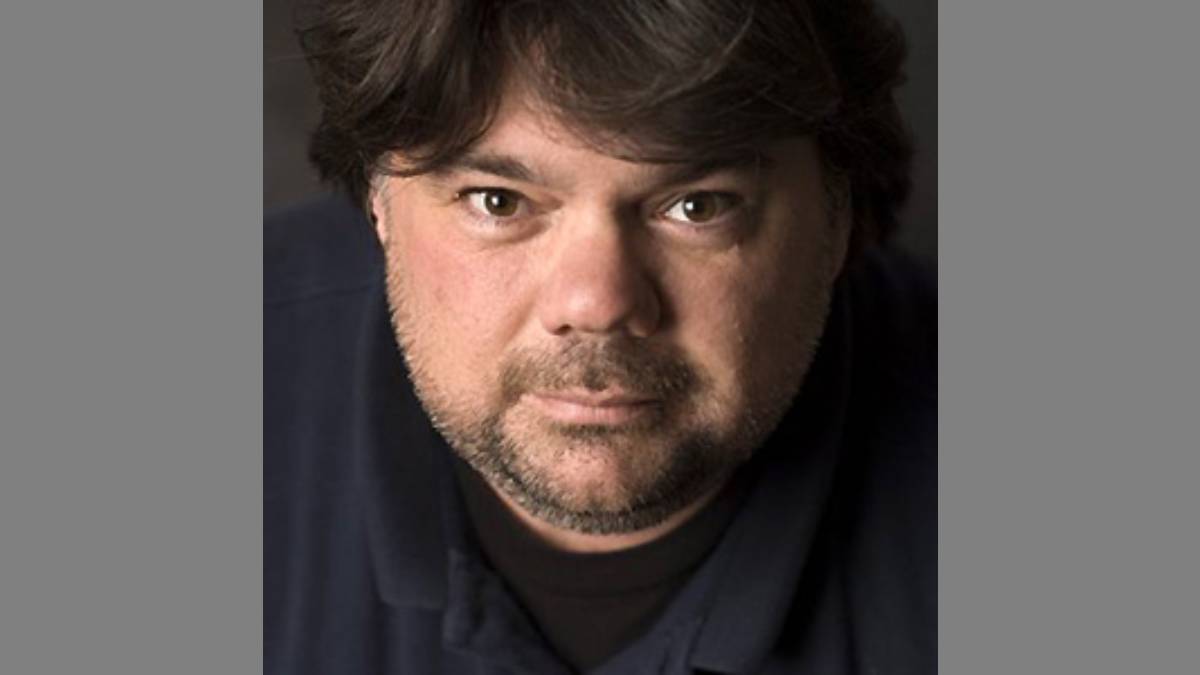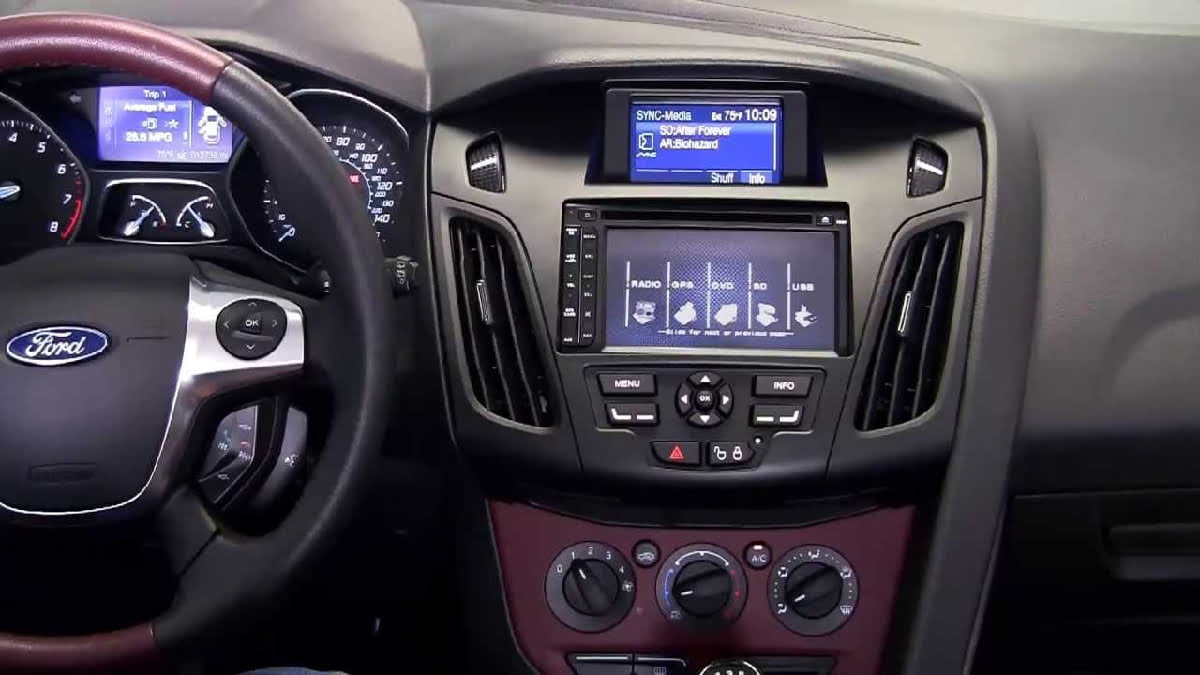8 countries. 9 time zones. 4 different languages. Media Strategist David G. Hall is excited — even at 5 AM — to start working.
“I love what I do. I absolutely love what I do. This is the first time in my whole career where I’m really happy and rewarded and satisfied doing what I’m doing,” he told Barrett News Media over a Zoom call.
Since he was 10 years old, David G. Hall wanted to be in radio. Two years later, he got his first gig. “When I was 12, I thought, ‘What am I doing? Wasting my time not doing anything about it.’ So I called up my favorite station that I listen to all the time in Sacramento and asked for a tour. I went down there, saw interns working — kids like high school and college — and I was like ‘I’m in high school’, even though I was in the seventh grade.”
His first job was a call screener taking requests for DJs and doing some call-out research. Hall hasn’t left the industry since.
Over the years he has seen a lot of change. Most notably, the dwindling of the “farm system.”
“When I started, it was 1978. And in the late 70s — and then through the 80s — so many people wanted to be in radio. It was tough to move up to bigger cities. It was tough to get promoted to bigger jobs. There was always competition. Now, it’s not like that.”
Today, Hall believes stations are lucky to have a reporter in their budget.
Hall added there is a growing need in the industry for good people. “In my role now as a consultant, I talk to different people. The news directors, program directors that I work with and that I don’t work with are calling me all the time saying, ‘Hey, I need a news anchor. I need a talk show host. I need this, I need that,’ and it’s tough. It’s tough out there to even find somebody. That farm system is just not there like it used to be.”
The radio veteran does believe social media may be helping keep radio alive.
“When I was growing up in the business, I’d be on the radio and I would touch somebody once in the 10 or 15 minutes that they would happen to be in their car and happen to hear me on the radio. And that was it for the whole day.” He went on to say, “Now, with social media, we can touch people all day long because we are sharing with them and they have a place to come and find things with our stories and about us. So I think social media has been huge for radio, just as a marketing platform.”
Additionally, David G. Hall says there is another important part of social media. “Our audience has an audience. They have their own audience now.”
He went on to give an example. “So you follow me. I’m on the radio, you follow me, and you have 800 followers. When you share something that I share with you, I’m reaching 500 or 1000 people that I would not have otherwise reached that I can’t otherwise wise reach without you.”
However, Hall is not convinced all modern technology will help radio stations be more innovative, including the use of Artificial Intelligence.
“I think it can be dangerous because I know a lot of stations are already using AI to create newscasts and things like that. But there’s something inside me, maybe it’s the little kid who started in the 70s, but AI seems like it could be a slippery slope.”
He went on to add there are some positives of AI. “I’ll tell you that in my business consulting, where I work with stations all over the world and in different languages, AI is really critical to my business because I use it for translation. I use it to record stations because of the time difference. I use it in a lot of different ways, and it’s really critical to my business.
“But for a radio station now, I could see how it could be very helpful. But I could also see how it could be, abused, taken advantage of to a degree where it becomes just too risky and dangerous for a radio station.”
David G. Hall says his perspective is unique because he is involved with so many stations in varying areas. “What I see is that all of the consolidation that happened in the United States over the last 25 years did not happen in other places. In other places, there sometimes are still smaller operators. There’s more, investing in the audience, there’s more marketing, there’s more audience research.”
He gave examples of how Latin America relies more heavily on radio than the U.S. or Europe because streaming a podcast is expensive. Conversely, he said, “In Europe, it’s even cheaper than it is here [to stream a podcast]. So they rely on data-based things and digital products more and it’s just really interesting.”
Meanwhile, he believes American radio is “the future in terms of new things” because they are experimenting with AI the most.
For those looking to follow in his footsteps, Hall’s advice is simple.
“Do a podcast. Just do a podcast. Maybe it’s a podcast where you’re kind of reporting, telling stories, whatever stories interest you. Maybe it’s a podcast where sharing your opinion, or maybe it’s a podcast where you’re interviewing people. Either way, you’re developing the skills that will make you great, either in bigger podcasts, or in radio, or both. And you are really our farm system now.”
What comes next for David G. Hall is simple.
“Not retiring.”
He said, “I don’t look at any next step. My entire career, I was so ambitious. So when I was a reporter, I wanted to be an editor so that I could control more than my little 42-second space. Then I wanted to be a news anchor, and then I wanted to be a news director, and then I wanted to be a program director, and then I wanted to be like a group program director with a group of stations. I’ve done all of those things.
“In this job, I’m just enjoying going around the world, talking to different people. It’s rewarding and it’s inspiring. So this is the first time in my whole career I’m not looking at the next step. What I’m looking at is just being able to do what I do for as long as I can.”

Krystina Alarcon Carroll is a news media columnist and features writer for Barrett Media. She has experience in almost every facet of the industry including: digital and print news; live, streamed, and syndicated TV; documentary and film productions. Her prior employers have included NY1 and Fox News Digital and the Law & Crime Network. You can find Krystina on X (formerly twitter) @KrystinaAlaCarr.








